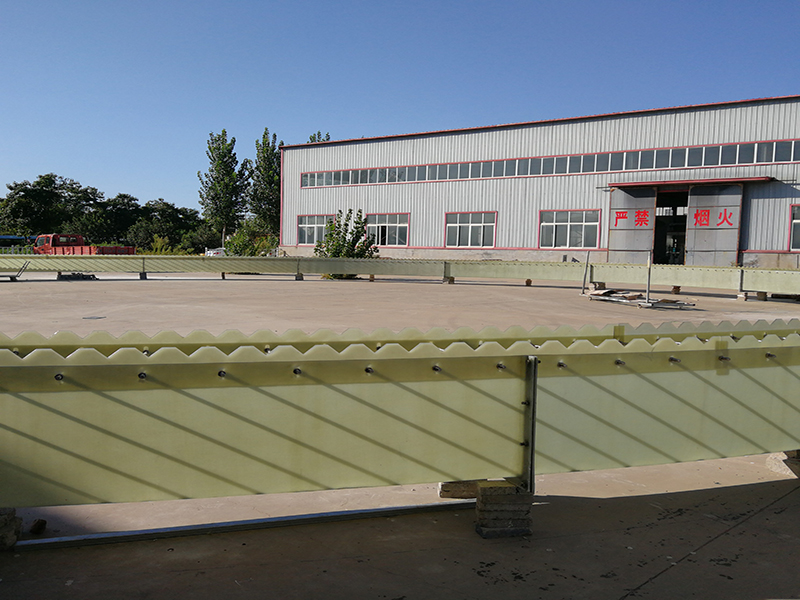
-
 Afrikaans
Afrikaans -
 Albanian
Albanian -
 Amharic
Amharic -
 Arabic
Arabic -
 Armenian
Armenian -
 Azerbaijani
Azerbaijani -
 Basque
Basque -
 Belarusian
Belarusian -
 Bengali
Bengali -
 Bosnian
Bosnian -
 Bulgarian
Bulgarian -
 Catalan
Catalan -
 Cebuano
Cebuano -
 China
China -
 China (Taiwan)
China (Taiwan) -
 Corsican
Corsican -
 Croatian
Croatian -
 Czech
Czech -
 Danish
Danish -
 Dutch
Dutch -
 English
English -
 Esperanto
Esperanto -
 Estonian
Estonian -
 Finnish
Finnish -
 French
French -
 Frisian
Frisian -
 Galician
Galician -
 Georgian
Georgian -
 German
German -
 Greek
Greek -
 Gujarati
Gujarati -
 Haitian Creole
Haitian Creole -
 hausa
hausa -
 hawaiian
hawaiian -
 Hebrew
Hebrew -
 Hindi
Hindi -
 Miao
Miao -
 Hungarian
Hungarian -
 Icelandic
Icelandic -
 igbo
igbo -
 Indonesian
Indonesian -
 irish
irish -
 Italian
Italian -
 Japanese
Japanese -
 Javanese
Javanese -
 Kannada
Kannada -
 kazakh
kazakh -
 Khmer
Khmer -
 Rwandese
Rwandese -
 Korean
Korean -
 Kurdish
Kurdish -
 Kyrgyz
Kyrgyz -
 Lao
Lao -
 Latin
Latin -
 Latvian
Latvian -
 Lithuanian
Lithuanian -
 Luxembourgish
Luxembourgish -
 Macedonian
Macedonian -
 Malgashi
Malgashi -
 Malay
Malay -
 Malayalam
Malayalam -
 Maltese
Maltese -
 Maori
Maori -
 Marathi
Marathi -
 Mongolian
Mongolian -
 Myanmar
Myanmar -
 Nepali
Nepali -
 Norwegian
Norwegian -
 Norwegian
Norwegian -
 Occitan
Occitan -
 Pashto
Pashto -
 Persian
Persian -
 Polish
Polish -
 Portuguese
Portuguese -
 Punjabi
Punjabi -
 Romanian
Romanian -
 Russian
Russian -
 Samoan
Samoan -
 Scottish Gaelic
Scottish Gaelic -
 Serbian
Serbian -
 Sesotho
Sesotho -
 Shona
Shona -
 Sindhi
Sindhi -
 Sinhala
Sinhala -
 Slovak
Slovak -
 Slovenian
Slovenian -
 Somali
Somali -
 Spanish
Spanish -
 Sundanese
Sundanese -
 Swahili
Swahili -
 Swedish
Swedish -
 Tagalog
Tagalog -
 Tajik
Tajik -
 Tamil
Tamil -
 Tatar
Tatar -
 Telugu
Telugu -
 Thai
Thai -
 Turkish
Turkish -
 Turkmen
Turkmen -
 Ukrainian
Ukrainian -
 Urdu
Urdu -
 Uighur
Uighur -
 Uzbek
Uzbek -
 Vietnamese
Vietnamese -
 Welsh
Welsh -
 Bantu
Bantu -
 Yiddish
Yiddish -
 Yoruba
Yoruba -
 Zulu
Zulu
Exploring Innovative Solutions in FRP Chemical Products for Enhanced Performance and Sustainability
Understanding FRP Chemical Products A Comprehensive Overview
Fiberglass Reinforced Plastics (FRP) are a group of composite materials widely used across various industries due to their superior properties and versatility. Comprising a polymer matrix reinforced with fibers, typically glass, FRP chemical products have revolutionized manufacturing and construction processes by offering enhanced strength-to-weight ratios, corrosion resistance, and design flexibility.
The Composition of FRP
At its core, FRP consists of two main components the resin matrix and the reinforcement. The resin, usually made from thermosetting or thermoplastic materials, provides the structural integrity of the composite. The most common types of resin used in FRP production include polyester, vinyl ester, and epoxy. Polyester resin is often favored due to its cost-effectiveness and excellent mechanical properties, while epoxy resin is chosen for applications requiring higher strength and thermal stability.
The reinforcement phase typically involves glass fibers, which can be arranged in various orientations—woven, chopped, or in unidirectional layers. This configuration allows for tailored mechanical properties, making FRP suitable for a wide range of applications, from construction materials to automotive components.
Advantages of FRP Chemical Products
1. Lightweight and Strong One of the most significant advantages of FRP products is their lightweight nature compared to traditional materials like steel and aluminum. This property not only facilitates easier handling and transport but also leads to reduced overhead costs in manufacturing and construction.
2. Corrosion Resistance FRP is inherently resistant to corrosion, making it an ideal choice for environments exposed to harsh chemicals or moisture. This characteristic leads to longer service life and reduced maintenance costs, particularly in industries such as marine, chemical processing, and wastewater treatment.
3. Design Flexibility The molding processes used in FRP production allow for a high degree of design flexibility. Manufacturers can create complex shapes and profiles tailored to specific application requirements, which is particularly beneficial in industries that demand customized solutions.
4. Thermal Insulation FRP products exhibit excellent thermal insulation properties, making them suitable for applications where temperature control is critical, such as in piping systems and storage tanks.
frp chemical product

Applications of FRP Chemical Products
FRP chemical products are utilized in a diverse array of industries
- Construction In the construction sector, FRP products are increasingly employed in structural components, reinforcements, and façade cladding, benefiting from their strength and aesthetic versatility.
- Automotive The automotive industry leverages FRP for body panels, interior components, and structural elements, contributing to weight reduction without sacrificing safety.
- Aerospace Given their lightweight characteristics, FRP materials are integral to aerospace applications, providing essential components for aircraft while enhancing fuel efficiency.
- Oil and Gas In the oil and gas sector, FRP is used for piping systems and storage tanks, thanks to its resistance to corrosive substances and the extreme conditions often encountered.
Challenges and Future Perspectives
Despite their many advantages, the production and recycling of FRP materials pose environmental challenges. The lack of established recycling methods for these composites can lead to sustainability concerns. However, ongoing research and technological advancements aim to address these issues, promoting the development of recyclable FRP materials and more sustainable manufacturing practices.
In conclusion, FRP chemical products represent a significant advancement in materials science, combining strength, durability, and versatility. As industries continue to evolve and face new challenges, FRP will undoubtedly play a pivotal role in the future of manufacturing and construction, leading to innovative applications and sustainable solutions.
Latest news
-
Exploring the Benefits of Top Hammer Drifter Rods for Enhanced Drilling PerformanceNewsJun.10,2025
-
High-Precision Fiberglass Winding Machine for GRP/FRP Pipe Production – Reliable & Efficient SolutionsNewsJun.10,2025
-
FRP Pipes & Fittings for Shipbuilding - Corrosion-Resistant & LightweightNewsJun.09,2025
-
Premium FRP Flooring Solutions Durable & Slip-ResistantNewsJun.09,2025
-
Premium Fiberglass Rectangular Tanks Durable & Lightweight SolutionNewsJun.09,2025
-
Tapered Drill String Design Guide Durable Performance & UsesNewsJun.09,2025









